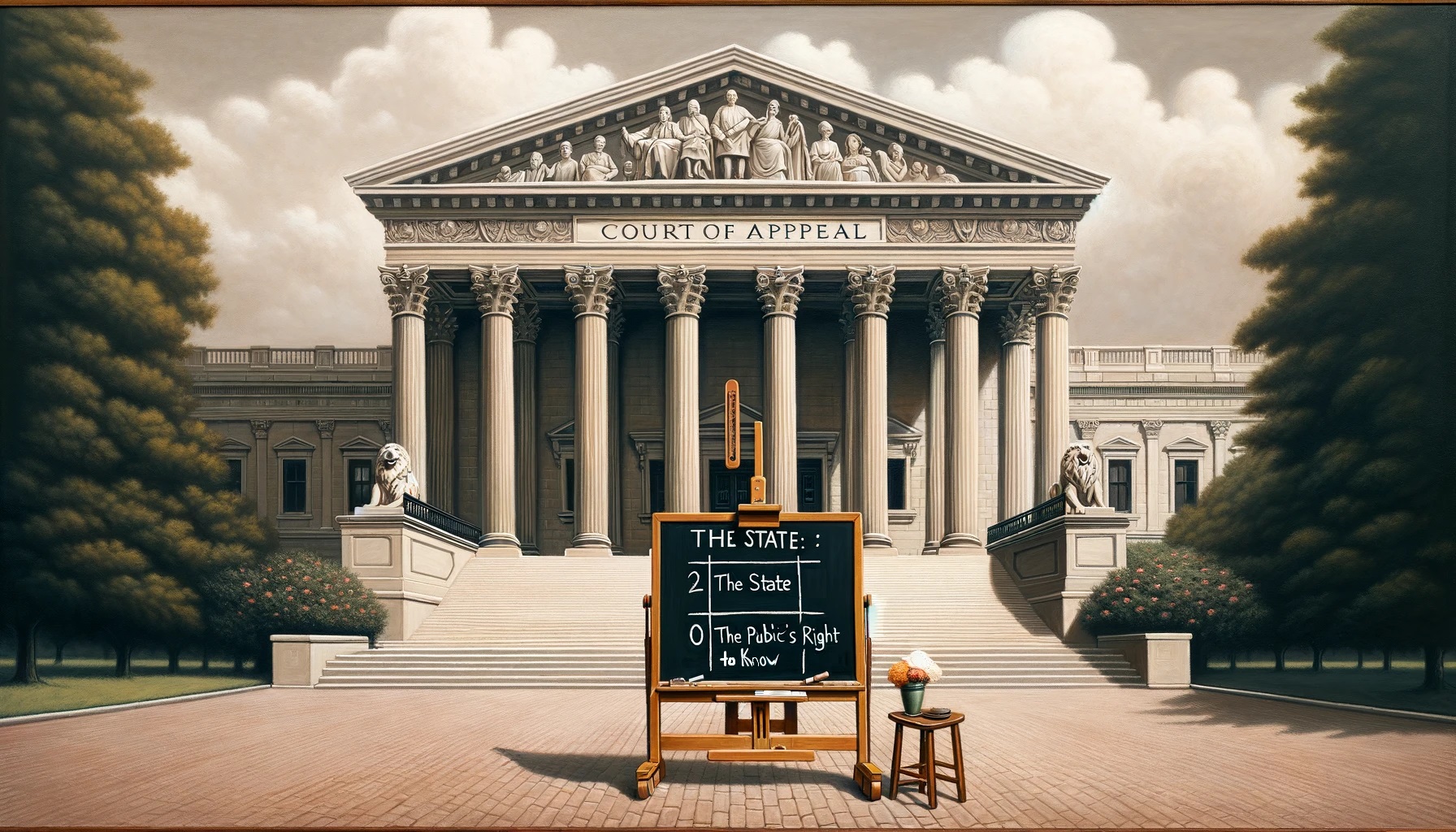
CEB DailyNews has published my article, “State wins a writ excusing it from disclosing whether its private research firm engaged in animal cruelty.” It is about how the Court of Appeal has recently issued two writs on discovery issues—which appellate courts typically loathe. There are two things in common between the discovery writ in Regents of the Univ. of Cal. v. Superior Court (D3 Dec. 29, 2023 No. C099588) [nonpub. opn.] and in another recent case. Both occurred in a Public Records Act case. And the state won both disputes and did not have to produce information.
In this case, an Elon Musk company working on embedding chips into brains partnered with UC Davis for some of its research. So several sources submitted Public Records Act requests about possible harm to primates. The trial court compelled production, but the Court of Appeal granted the Regents’ writ. Discovery in PRA cases is more limited than the broad standard for relevance. Instead, the discovery must be directed to “whether [the] public agency has an obligation to disclose the records . . . requested.”
What was the irreparable harm that persuaded the court to intervene here on a writ basis? To avoid the court getting “bogged down by additional protracted discovery disputes.” Pretty generic stuff. If you attempt this justification in your next writ petition, expect it to get you precisely nowhere.
The original article is here.